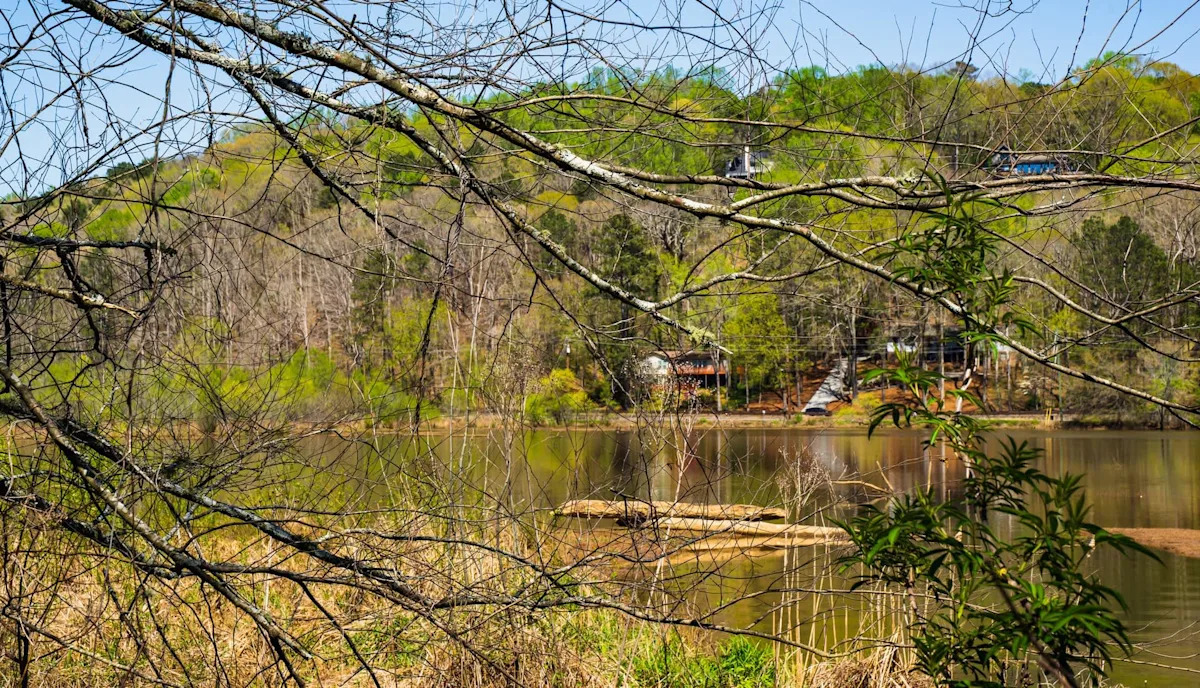A deer in Georgia can finally breathe easy after rescuers removed a plastic ring stuck around its neck.
WRDW-TV reported that Karen Tyson made a call after seeing a deer with a white plastic tube around its neck in Pickens County, Georgia.
The news station said that the concerned resident called the Georgia Department of Natural Resources to report the deer’s predicament.
When crews arrived, they briefly tranquilized the deer so they could cut the pipe off. Tyson said she believed the pipe came from a “poorly constructed deer feeder,” per WRDW-TV.
In an Instagram post, the GA DNR (@georgiawildlife) stated that the deer was in good health, except for minor hair loss in the area where the pipe had been.
On TikTok, reporter Kaitlyn Ross (@reporterkait) explained that residents should not use homemade feeders and instead give deer loose fruit, such as apples.
Watch now: Giant snails invading New York City?
Unfortunately, plastic pollution poses a significant threat to humans, animals, and the planet. Per the Association of Zoos and Aquariums, plastic can contaminate waterways (including drinking water), trap or injure animals, and move through the food chain.
When plastic enters the water supply or animals consume it, and then humans consume them, the material passes from one species to another. Some studies have even shown that microplastics have entered the human bloodstream, according to the International Union for Conservation of Nature and Natural Resources.
For this deer, the story had a happy ending, much like this deer rescue in Pennsylvania or this one in Spain.
On an Atlanta News First Facebook post, one person echoed this sentiment: “I’m loving seeing all these deer and fawn rescues- deer are the most beautiful animals … Thanks to the folks in Jasper and the GA DNR!”
Under Kaitlyn Ross’ TikTok, one person said: “Sometimes human intervention does work for the best!”
Keeping people and animals safe from pollution requires widespread effort, but taking action, as this resident did, is a crucial first step.
As the AZA recommends, if you see wildlife caught or injured by plastic, contact local authorities, such as the DNR or the U.S. Fish and Wildlife Service Rescue Center.
Join our free newsletter for good news and useful tips, and don’t miss this cool list of easy ways to help yourself while helping the planet.

